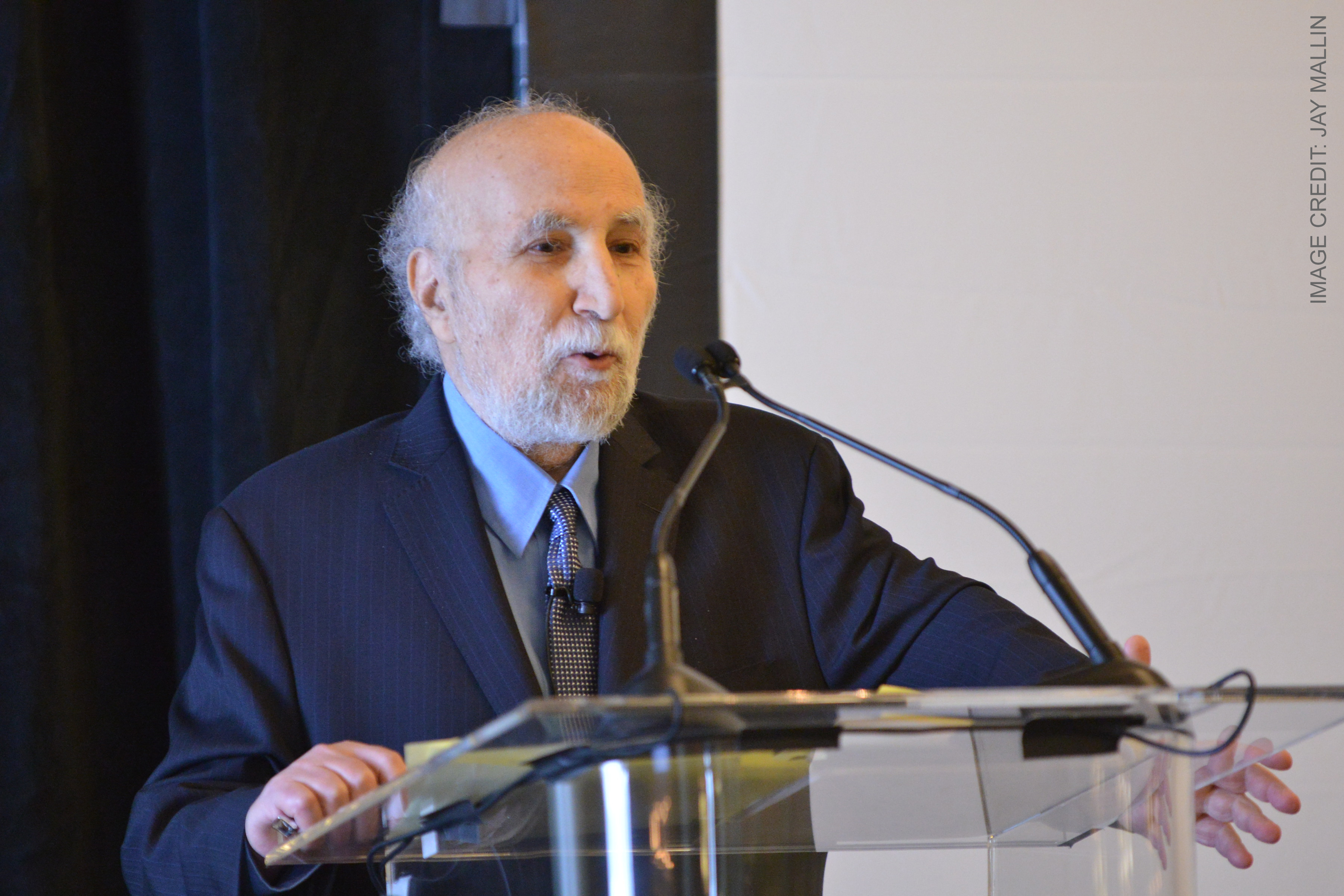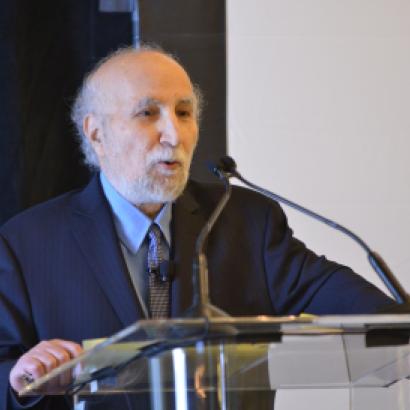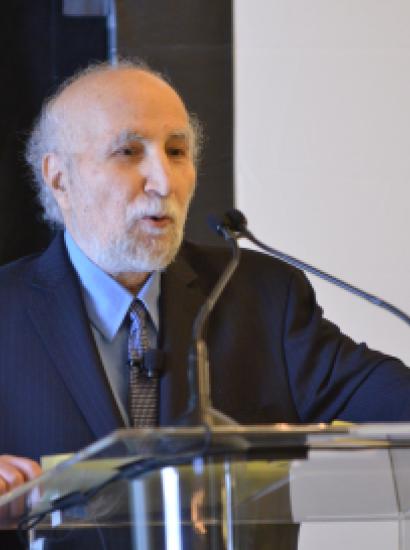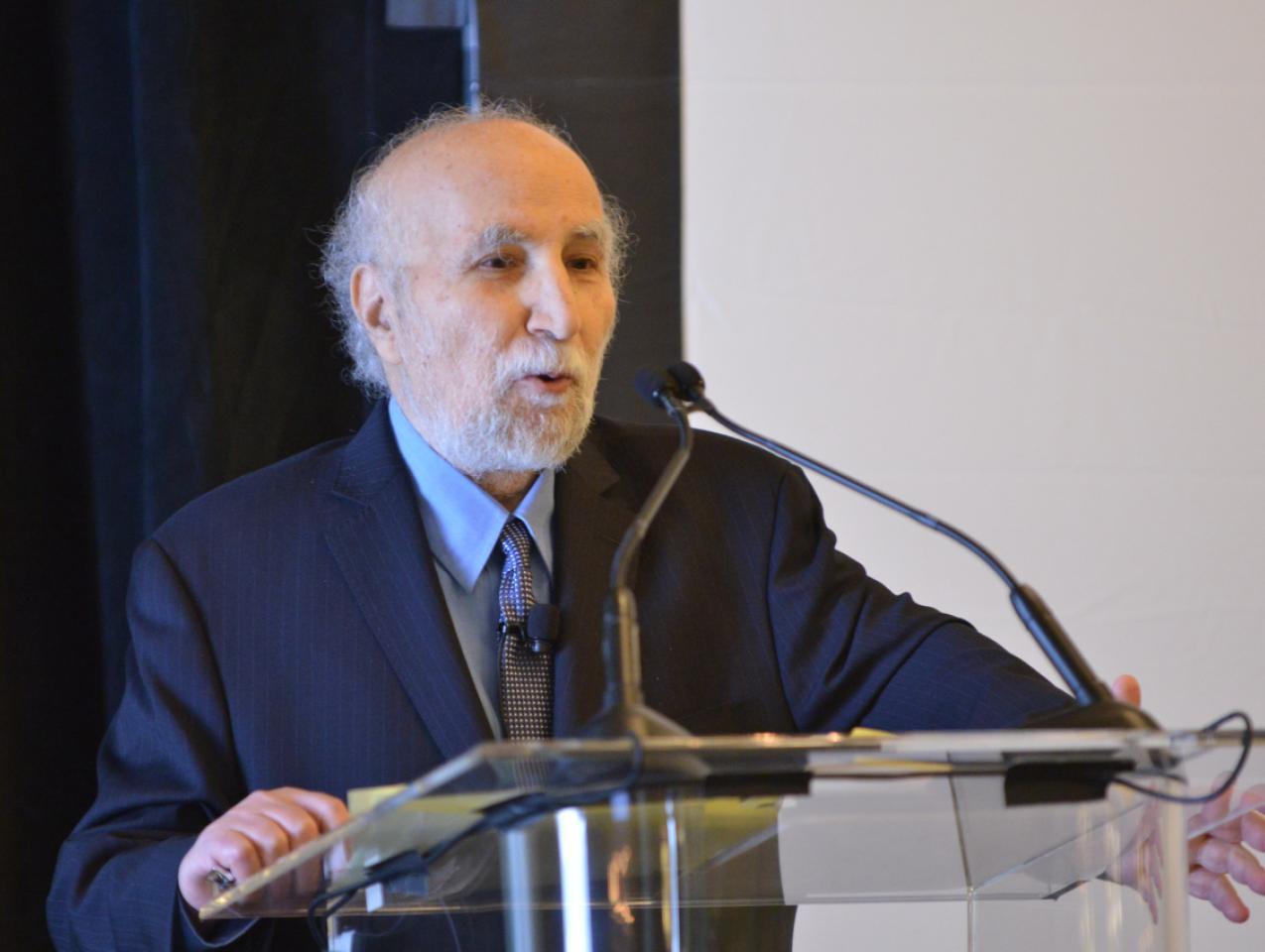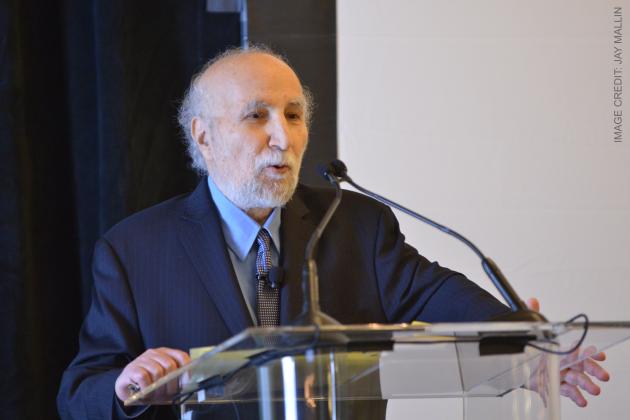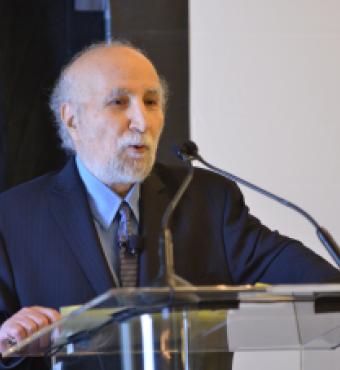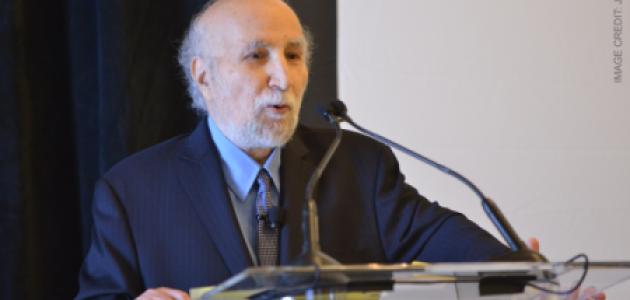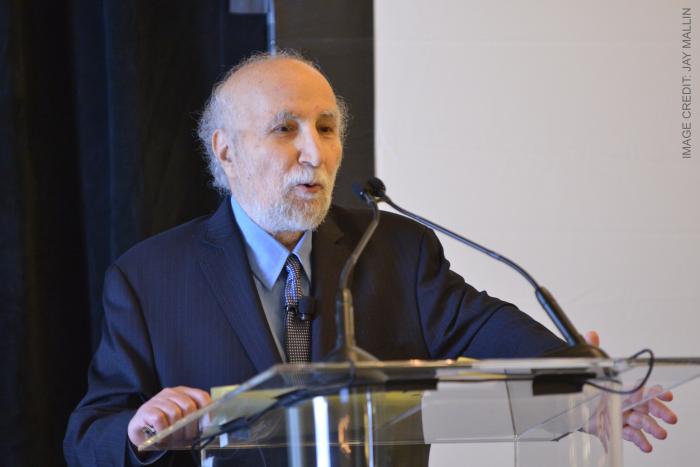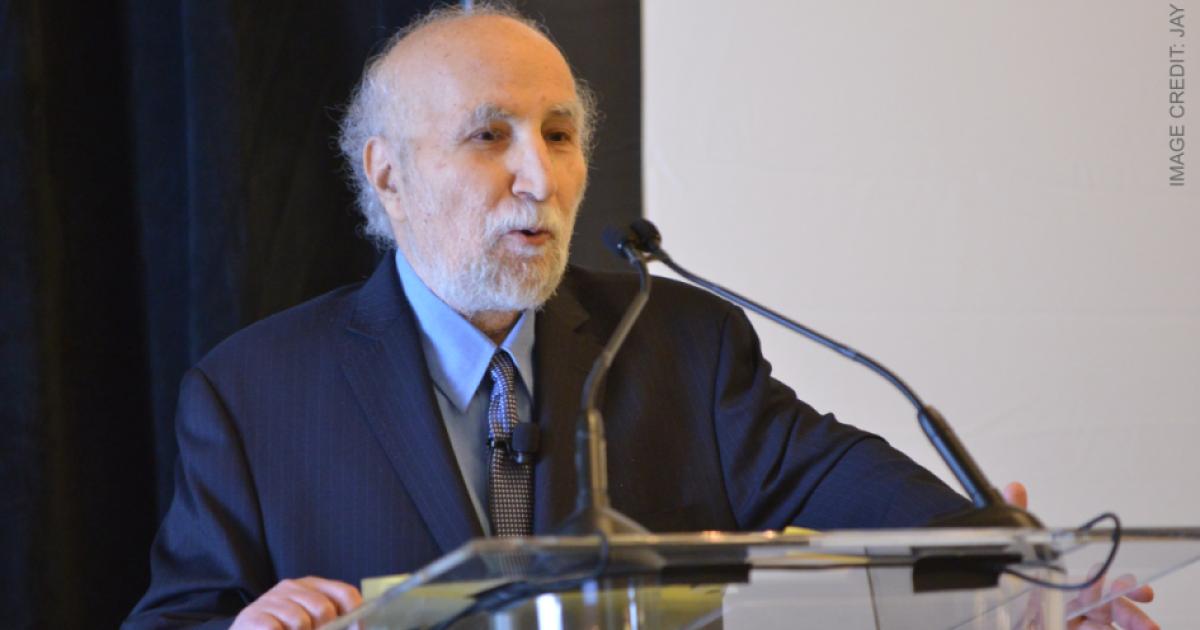A protégé of Princeton's great scholar Bernard Lewis, Fouad was born in Lebanon to a Shiite Muslim family. Yet he found his real home in America, and he discovered his calling in explaining the ways of the Arabs to Americans. His 1981 book, "The Arab Predicament," was prescient in describing contemporary Arab history as "a chronicle of illusions and despair, of politics repeatedly degenerating into bloodletting." He foresaw the extremist pathologies that authoritarianism was breeding in Arabia before they exploded on our shores on September 11, 2001.
Perhaps in part because he was an immigrant, Fouad was also more optimistic about American purposes than most of his academic colleagues. He supported the war in Iraq and refused to abandon the effort even when it would have been advantageous for his career. He appreciated American idealism even as he saw it run up against the cynical realities of the Arab world and radical Islam. He thus fulfilled one obligation of the public intellectual, which is to take responsibility for the consequences of his views. His elegant prose adorned our pages for 27 years and the world will miss his wisdom.







